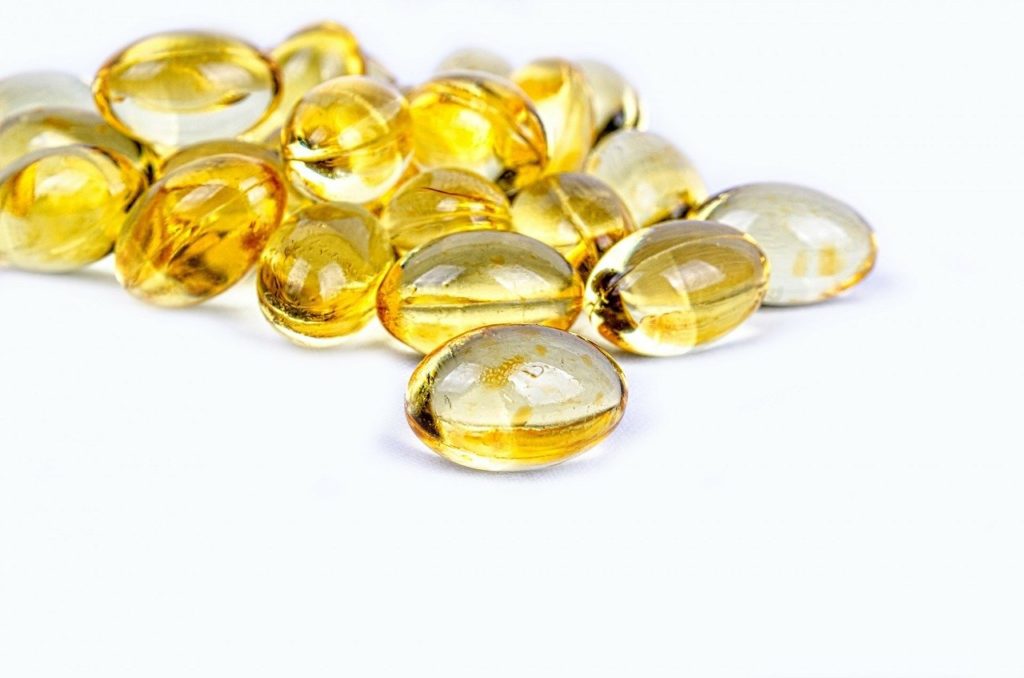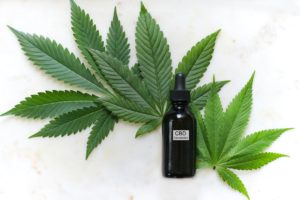Natural Treatments for Peripheral Neuropathy

Peripheral neuropathy is a common condition that causes pain, tingling and loss of sensation in the hands and feet. Left unchecked, the condition often progresses as the nerve damage extends up the legs and arms. .
A number of different causes can lead to peripheral neuropathy. Diabetes, hypothyroidism, nutritional deficiencies (most commonly vitamin B12), autoimmune conditions, nerve injuries, alcoholism, toxin exposures and genetic problems can all cause or contribute to the condition (Lehmann 2020). Before any treatment, a full evaluation should be conducted to best diagnose the cause of the condition. Once a cause has been identified, if possible, it should be eliminated in an attempt to halt further progression of symptoms.
Natural Treatments
Typically, peripheral neuropathy is associated with an increased free radical burden that contributes to nerve damage. In addition, individuals also often have reduced antioxidant defenses (Mallet 2020). A number of treatment approaches that include molecules with strong antioxidant properties appear to have benefits for prevention or treatment. Other techniques to help repair the nerve also appear to hold promise, including vitamin B12.
Overall, research suggests the following may have utility for the prevention and treatment of peripheral neuropathy:
- B-vitamins
- Lipoic Acid
- Omega-3 fatty acids
- N-acetylcysteine
B-Vitamins
A number of B-vitamins have been studied as an approach for treating peripheral neuropathy. Most of the research has centered around vitamin B12, vitamin B1 and vitamin B6. The strongest evidence is for vitamin B12, with weaker evidence for the other B-vitamins.
Diabetic peripheral neuropathy is the most well studied, with most trials finding a reduction of pain and other improved parameters with vitamin B12 supplementation. A number of early clinical trials used oral methylcobalamin, an active form of vitamin B12. Pain scores decreased from between 32% and 70% over the course of one to four months (Buesing 2019). However, a longer, more recent trial found only a minimal but significant 7% reduction in pain (Digangelos 2021).
Other types of peripheral neuropathy have also responded to vitamin B12. Chemotherapy treatment often causes nerve damage. Preventing nerve damage from chemotherapy can help to improve functional outcomes and quality of life. A study out of China using high dose intravenous vitamin B12 found the incidence of neuropathy to be only 30% as compared to 55% in the placebo group. In addition, the severity of neuropathy was reduced, with only 4% having a more severe neuropathy with B12 as compared to 21% on placebo (Zhang 2017).
While data is less robust, some studies have shown that vitamin B1, typically as the synthetic benfotiamine, may also be of use. A very small study on benfotiamine and diabetic peripheral neuropathy showed significant improvements by six months, although due to patient drop-outs, they lost significance by 12 months (Stirban 2020). A separate study using benfotiamine and vitamin B6 found improvements in pain for 86% of patients after 6 weeks of treatment (Nikolic 2009).
Lipoic Acid
Lipoic acid is a potent antioxidant that is both fat and water soluble, allowing it to more readily distribute throughout the body. Studies have suggested that it may have a place in treating a number of conditions, including peripheral neuropathy. A small, exploratory, 3-week trial found benefits from intravenous (IV) lipoic acid as compared to oral or placebo (Sachse 1980). A second similar trial using IV lipoic acid in diabetic peripheral neuropathy also found significant improvements, with pain scores improving around 60% with higher doses (Ziegler 1995).
A larger, longer study, starting with IV lipoic acid for three weeks, then switching to oral lipoic acid for six months also found small, but significant benefits. The study found improvements in nerve function, but not in symptom scores (Ziegler 1999). A two-year trial found improved nerve conduction with lipoic acid, although only in a subgroup of patients (Reljanovic 1999). A short trial using higher oral doses (600 mg three times per day) found improved symptom scores and reduced pain of 60% (Ruhnau 1999). And more recently, a meta-analysis of lipoic acid for diabetic peripheral neuropathy found significant improvements in pain, burning and numbness with lipoic acid treatment (Cassanego 2022).
Omega-3
Omega-3 fatty acids are anti-inflammatory fats often supplemented through fish oil. Studies have mostly explored whether fish oil reduces neuropathy from chemotherapy treatment for cancer. On the whole, the evidence suggests benefits.
Two approaches have been explored using omega-3 fats. First, the chemotherapeutic agent paclitaxel was chemically combined with docosahexaenoic acid (DHA), an omega-3 fat found in fish oil. Trials have found reduced toxicity and neuropathy with the combination (Wolff 2003, Harries 2004). A more recent trial used eicosapentaenoic acid (EPA) supplementation during lung cancer treatment and also found improved outcomes with reduced neuropathy (Sanchez-Lee 2014).
N-Acetylcysteine
N-acetylcysteine (NAC) is a precursor to the body’s master antioxidant glutathione. While it is approved for use to break up mucus and as a treatment for Tylenol (acetaminophen) overdose, research has been exploring its uses for other conditions.
Early research is also starting to suggest that n-acetylcysteine may be protective against chemotherapeutic-induced neuropathy. A small trial used NAC to prevent neuropathy in colon cancer patients during treatment. In the patients treated with NAC only one of five developed more significant neuropathy. In the placebo group, eight of nine developed neuropathy after chemotherapy treatment (Lin 2006). A small trial on stomach or colon cancer patients found similar benefits (Bondad 2020). And a breast cancer trial found that high-dose, oral NAC reduced the incidence of neuropathy by 71.4% (Khalefa 2020).
Conclusion
Peripheral neuropathy can significantly reduce quality of life. Standard treatments often only provide modest pain reduction. While preliminary, a number of natural approaches appear to hold promise, including B-vitamins, lipoic acid, omega-3 fats and NAC. With more research, we can better understand how these agents can best be utilized to help reduce the incidence of peripheral neuropathy and improve treatment outcomes.



